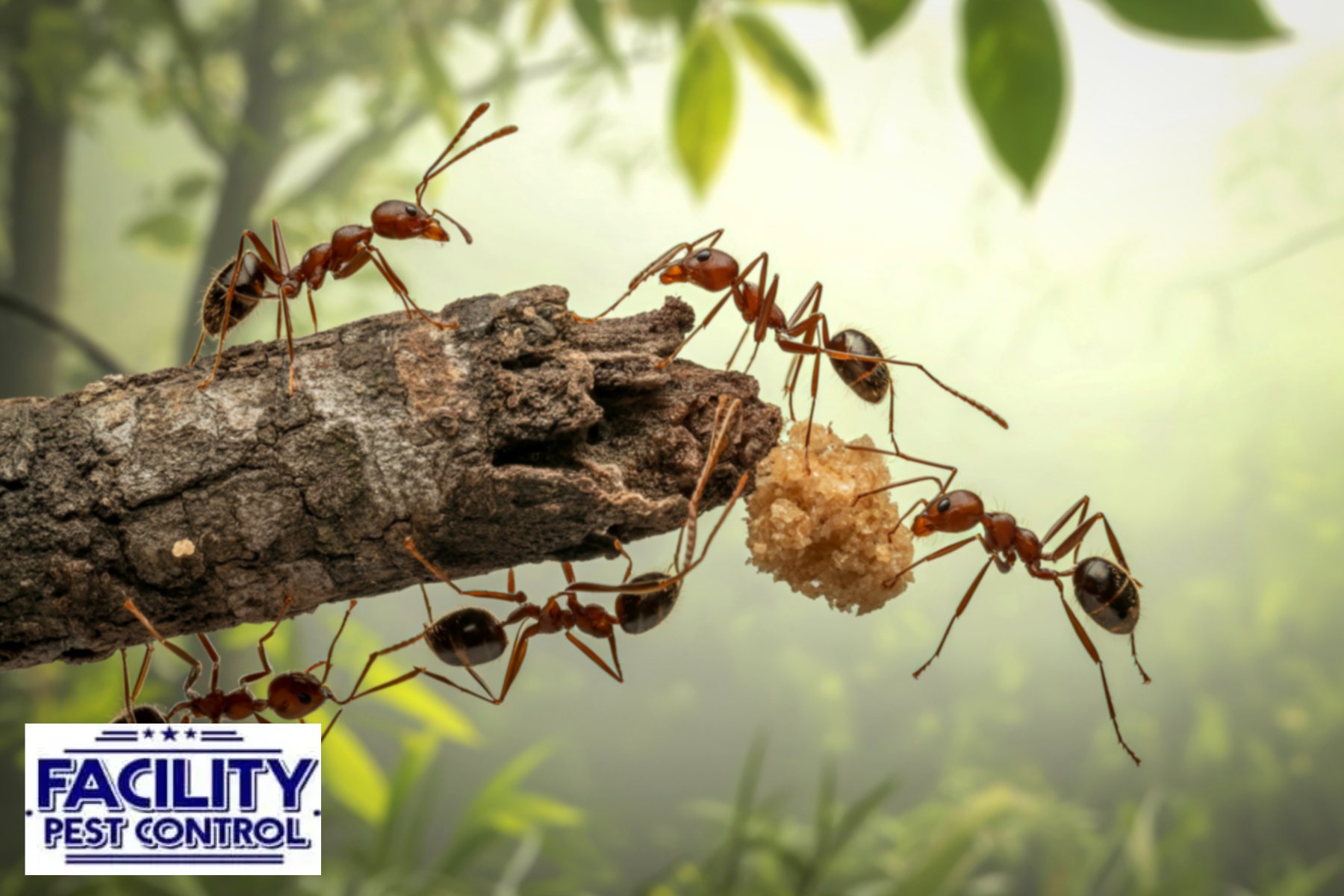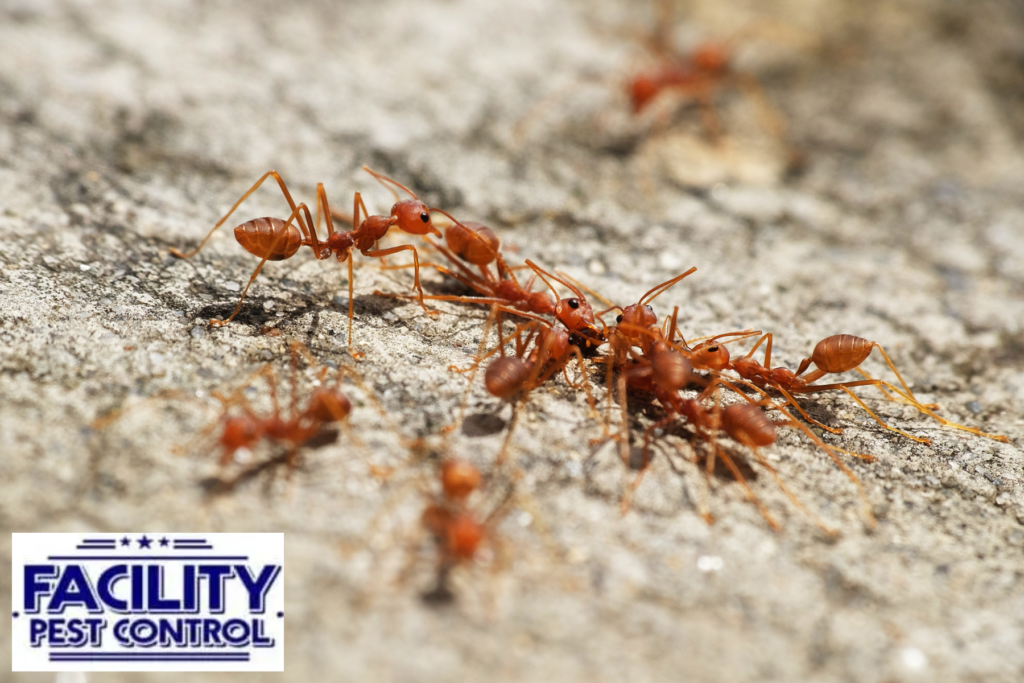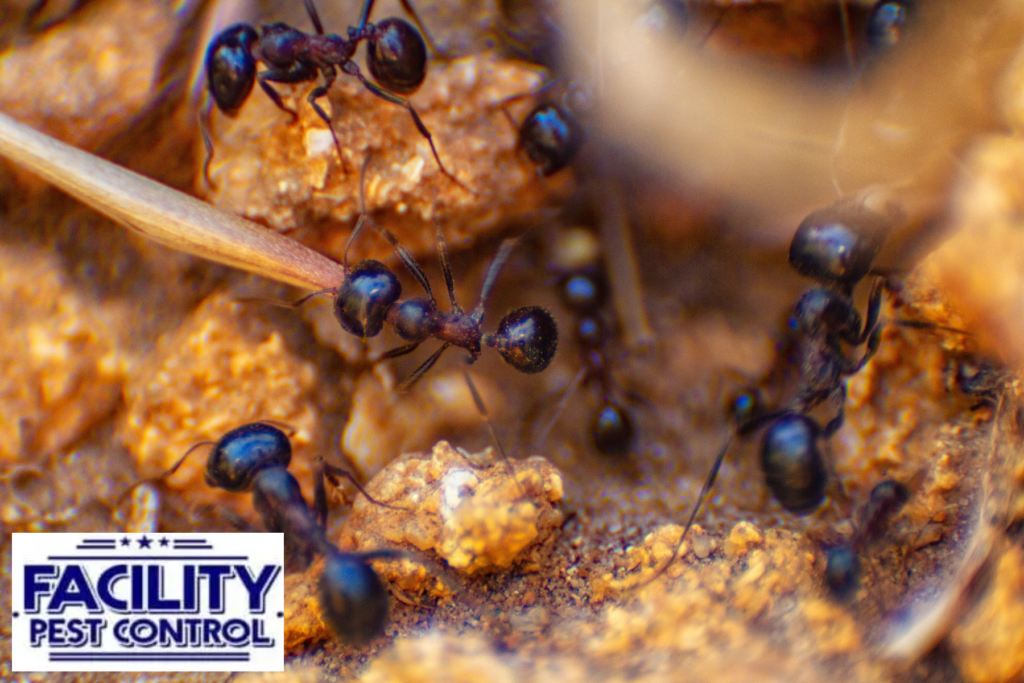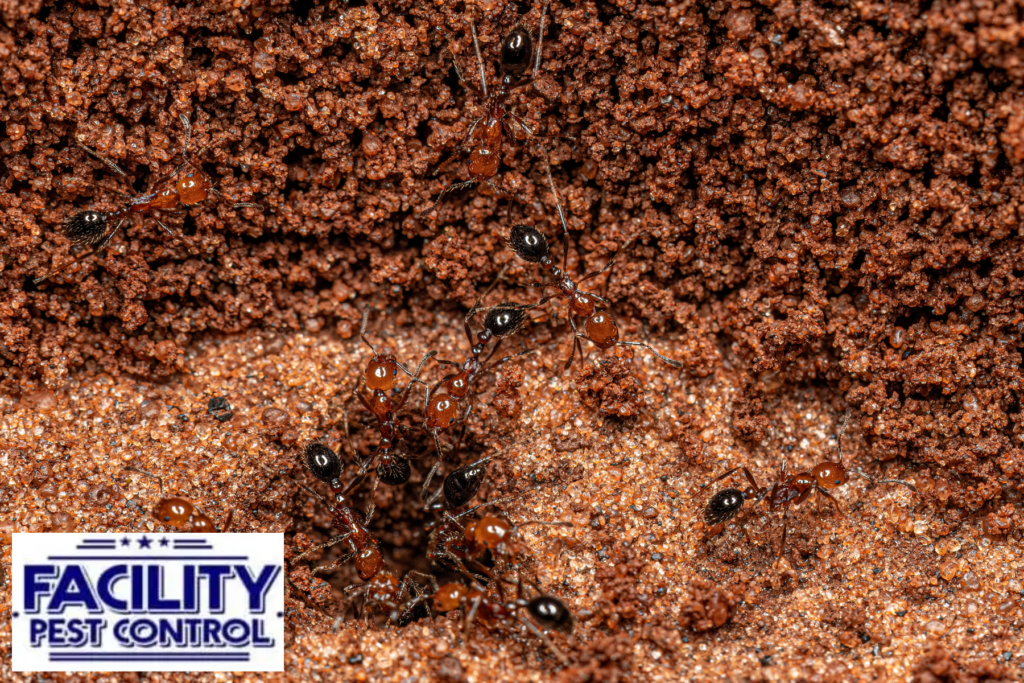Ant infestations are among the most common household pest problems, and while many products claim to eliminate them, not all deliver lasting results. Understanding the science behind ant killers helps homeowners choose effective solutions and avoid wasting time and money on ineffective treatments. This article breaks down how ant killers work, why some fail, and what steps can be taken for long-term control.
Understanding Ant Behavior: Why Ant Killers Target Colonies, Not Just Ants
Ants are social insects that live in highly organized colonies. A single colony can contain thousands of individuals, including workers, soldiers, and a queen. The queen’s survival is critical because she’s the only one laying eggs. If the queen remains alive, the colony can quickly rebound even if most workers are eliminated.
This is why many homeowners search for the best ant killer that targets the entire colony, rather than just the ants they see. Products that only kill visible ants may offer temporary relief, but they fail to stop the source of the problem.
How Ant Killers Work: Contact Killers vs. Bait Systems
Contact Killers
Contact ant killers are sprays or powders that kill ants upon direct contact. These can be effective for immediate relief, especially during heavy infestations. However, they often do not reach the queen or the colony’s hidden members. This makes them a short-term fix rather than a complete solution.
Bait Systems
Bait systems are designed for slow-acting control. Worker ants take the bait back to the colony, where it’s shared with other ants, including the queen. The best ant bait to kill entire colony typically contains a food attractant combined with a delayed-action insecticide, giving enough time for distribution before it takes effect.
Baits can be highly effective because they exploit the ants’ social feeding habits. However, they must be placed strategically and matched to the ants’ food preferences: protein-based baits for protein-feeding ants, sugar-based for sweet-feeding ants.
Why Some Ant Killers Fail
Not all ant control products succeed, and there are several reasons why:
Incorrect Identification
Different ant species require different control methods. Misidentifying the ant species can result in using the wrong bait or pesticide, leading to little to no effect.
Changing Food Preferences
Ants’ dietary needs change throughout the year. For example, they may prefer protein during colony growth periods and sugars when energy is needed. Using the wrong bait type can lead to bait avoidance.
Overusing Contact Sprays
While satisfying to see ants die instantly, spraying contact killers around baits can actually sabotage the process. The sprays repel ants from the bait, preventing them from carrying it back to the colony.
Environmental Conditions
Heat, humidity, and even the placement of baits affect how well an ant killer works. Baits that dry out too quickly or are placed in high-traffic areas may lose effectiveness.
The Role of Professional Ant Control
Even with the best products, ant infestations can persist if nests are hidden deep in walls, under foundations, or in outdoor soil. That’s when professional help is critical. Searching for ant control near me ensures access to experts who can identify the species, select the right treatment method, and ensure the infestation is fully resolved.
A trained Northridge CA exterminator can also integrate treatments such as targeted baiting, barrier sprays, and environmental modifications to eliminate both current infestations and future risks.
The Science of Slow Kill: Why Patience Matters
Homeowners sometimes give up on bait systems too early. The delay in results is intentional: fast-acting poisons can kill worker ants before they spread the bait, leaving the queen untouched. The most effective solutions, such as the best ant killer products used by professionals, often take several days to a couple of weeks to collapse a colony.
Combining Ant Killers With Preventive Measures
Even after eliminating a colony, ants can return if the environment remains attractive. Preventive steps include:
- Sealing entry points around windows, doors, and foundations.
- Removing food sources by cleaning up crumbs, spills, and pet food.
- Managing moisture by fixing leaks and improving ventilation.
- Trimming vegetation to reduce bridge access from outside.
When paired with treatments, these measures can extend the effectiveness of ant control and reduce the need for repeated applications.
Why Professional Solutions Are More Reliable
While store-bought ant killers can be useful for small infestations, professional pest control services bring several advantages:
- Accurate species identification for targeted treatment.
- Specialized products not available to the general public.
- Integrated pest management to address root causes.
- Follow-up services to ensure long-term results.
Choosing Northridge pest control providers means access to both expertise and treatments proven to work in local conditions.

About Facility Pest Control
Facility Pest Control is a trusted, family-owned pest control company serving the local community. Known for their slogan, “Specialized Attention Big Business Can’t Give,” they offer tailored solutions for homes and businesses. Their general pest control services address ants, spiders, roaches, wasps, and more, with treatment plans ranging from monthly to bi-monthly schedules. Additional services include mosquito control, scorpion control, and targeted treatments for other pests. Facility Pest Control uses family- and pet-friendly products for safe, effective results and provides a 30-day guarantee on all services.




